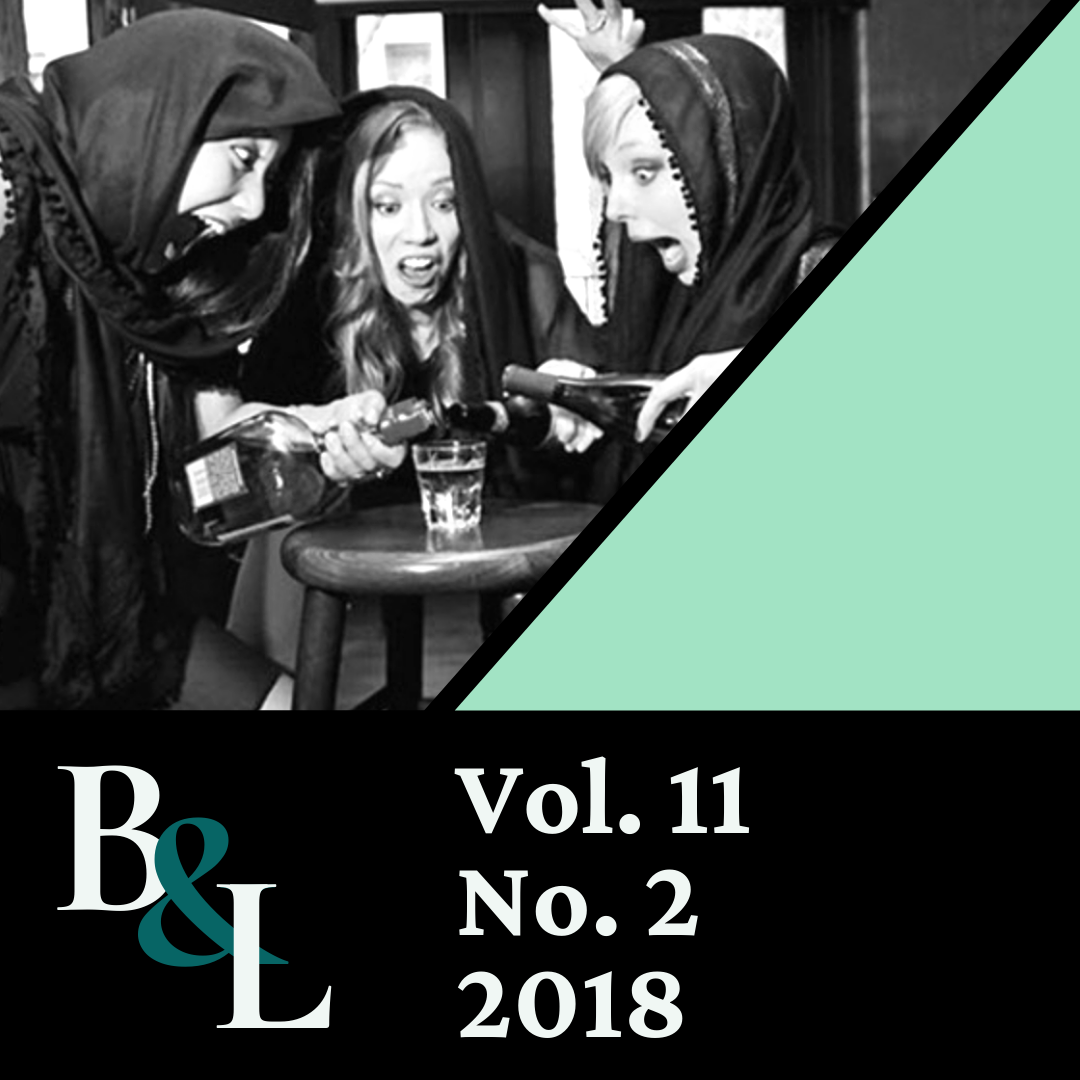Translation and Influence
Dorothea Tieck's Translations of Shakespeare
Abstract
When Timon the misanthrope finds gold in the woods, he rails against it, excoriating it for its ruinous effects on civilization. At the end of his speech he says: "Come, damned earth, / Thou common whore of mankind." Critics are divided over whether Timon is referring to the earth or to the gold. Karl Marx, who quotes these lines repeatedly in all of his economic writings to depict the effects of money, interprets the word "earth" to mean gold — money. Marx first read Timon of Athens in the Schlegel-Tieck translation where Dorothea Tieck renders the line in this manner: "Verdammt Metall, / Gemeine Hure du der Menschen." By choosing to translate "earth"as "Metall"(metal) instead of Erde (soil, earth), she interprets the meaning of "damned earth" as gold. This interpretation may have influenced Marx's decision to use the line as a core element of his theory: his depiction of the ruinous effects of money. In this manner, Dorothea Tieck influenced not only German Shakespeare studies, but also German theory in general. Yet, Dorothea Tieck was not even named in the Schlegel-Tieck translation of Shakespeare; her father referred to the translator of Timon of Athens, Cymbeline, Coriolanus, Macbeth, The Winter's Tale, The Two Gentlemen of Verona and the Sonnets (published separately) only as mein junger Freund (my young [male] friend). Dorothea Tieck's life and translations were situated in a significant period of German literature's and philosophy's coming of age, the Romantic period. Her contributions to it can be discovered through a close reading of her translations of Shakespeare's plays and poems. In this paper, significant places in Dorothea Tieck's translations of three of Shakespeare's plays will be close-read, and explored for their contribution to selected writings of Karl Marx, Sigmund Freud, and Bertolt Brecht.


